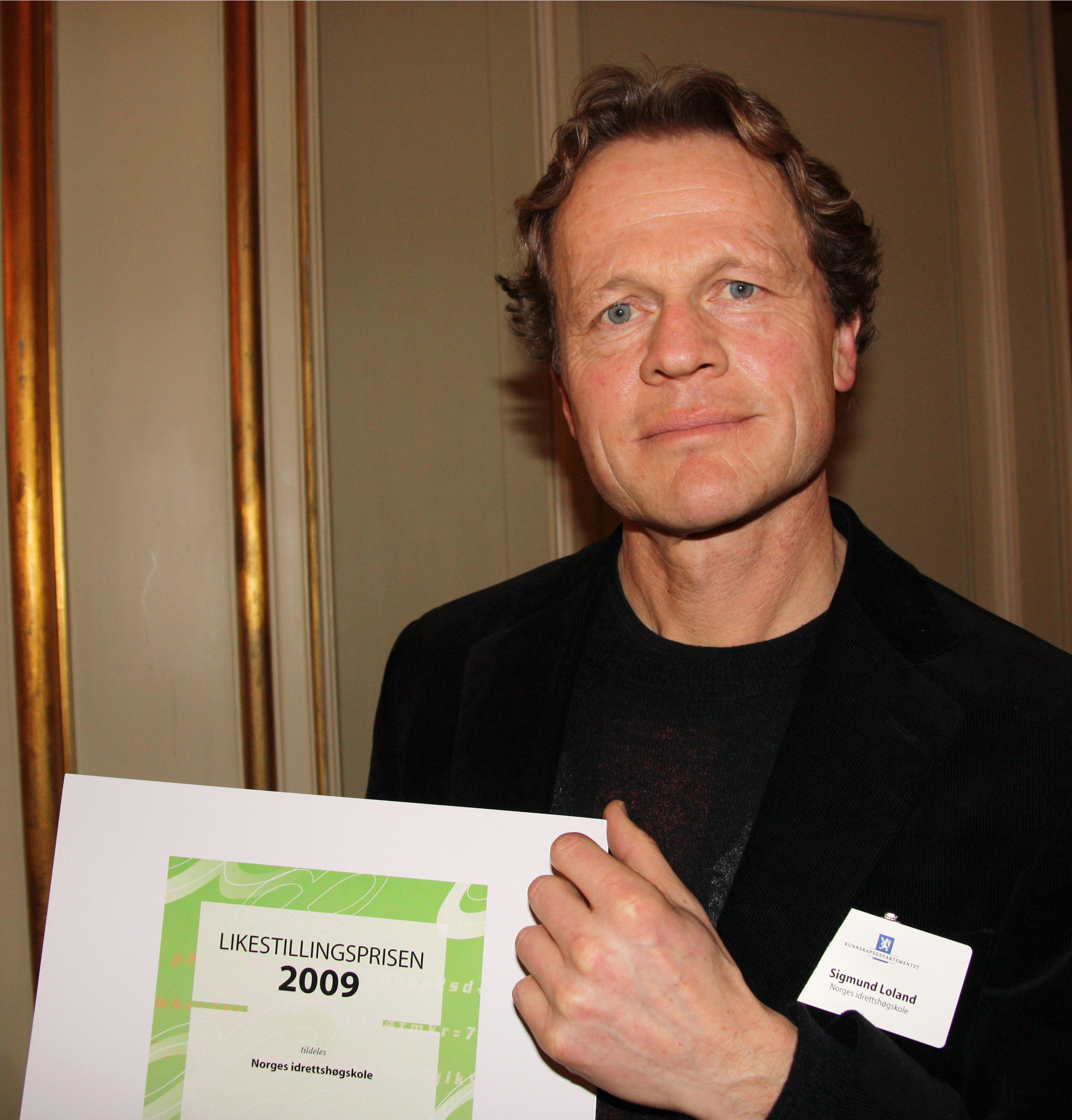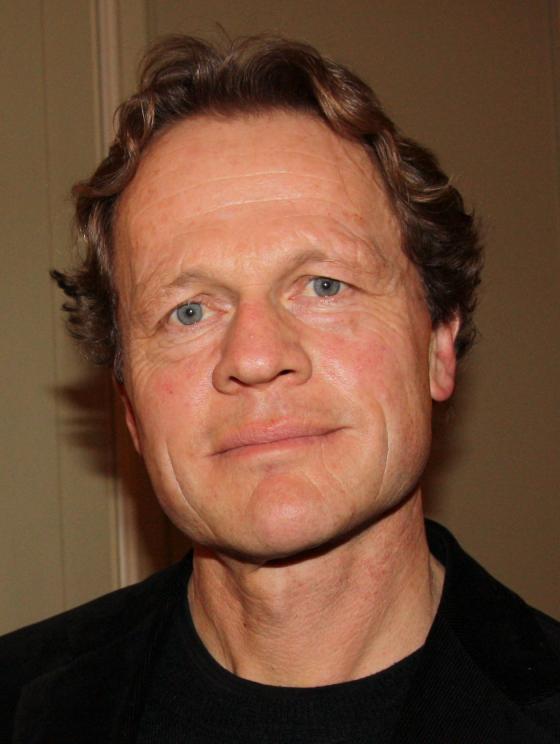The Norwegian School of Sport Sciences receives the Gender Equality Award for 2009
“A very surprising and generous recognition of our efforts to promote gender equality,” says Rector Sigmund Loland.
Today the Norwegian School of Sport Sciences (NSSS) received the Gender Equality Award for 2009, which was presented by the Minister of Research and Higher Education Tora Aasland. The school’s targeted focus on the problem of sexual harassment was cited as one reason for the decision.

“In our research we try to document the extent of sexual harassment, and we incorporate these findings into our classroom instruction. We also work to raise students’ awareness of the problem. We educate coaches, gym teachers, sport consultants and managers. Nobody completes a study programme at our school without having a clear view on and knowledge about sexual harassment,” emphasizes Loland.
Better gender balance
The Gender Equality Award is presented to the institution in the university and university college sector or research institute sector that has worked most actively, deliberately and systematically to promote gender equality in the workplace and that has done the most to increase the percentage of women in academic positions. This is the third year that the prize has been awarded by the Ministry of Education and Research. The Committee for Mainstreaming – Women in Science (the Kif committee) was responsible for announcing the award, evaluating the nominees and making a recommendation to the ministry.
“The Norwegian School of Sport Sciences has good gender balance, including at the professor level, compared with the rest of the university and university college sector. This is related to the fact that NSSS has focused on research that incorporates gender and gender equality perspectives and has set aside funding for this. Research of this type produces valuable knowledge for the field of sport and increases the recruitment of women to academic positions,” wrote the Kif committee in its evaluation. The committee also praises the school not only for seeing the connections between the research profile and the recruitment of women, but for doing something about it as well.
Sound structure
NSSS was also recognized for its clear performance targets and good procedures for reporting to its board. Even though reports show that the school has not reached its targets for the percentage of women in various position types, 34 percent of all professors are women, which is just one example of the school’s success in this area. According to the Kif committee, it appears that gender equality efforts are well integrated into the organization and that this has produced results.
“The fact that the rector is the chair of the gender equality committee at the school shows that these efforts are firmly based in the top-level administration,” writes the Kif committee. The committee also emphasizes that NSSS has taken on the challenge of educating a sufficient number of female coaches.
“We have used gender quotas at the school ever since we started,” explains Loland. He believes this has helped to gain acceptance for gender equality efforts at the institution.
“Over the years we have developed a culture that values gender balance and gender equality. I hope we have helped to strengthen the role of women in sport,” he says.
Important work
During the award ceremony, Aasland stressed that universities and university colleges bear a great responsibility for strengthening gender equality in Norway.
“Good gender balance in academia, especially in the highest positions, is crucial. The researchers have a say in what topics will be researched and which approaches will be used. This in turn determines the kind of knowledge that is developed and disseminated. It is therefore vital to have both female and male researchers. Women’s participation makes a difference,” she said.
Translated by Connie Stultz.
